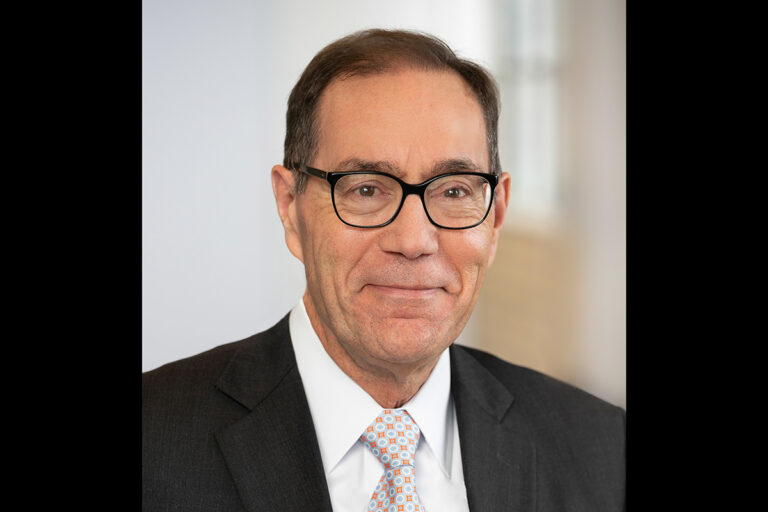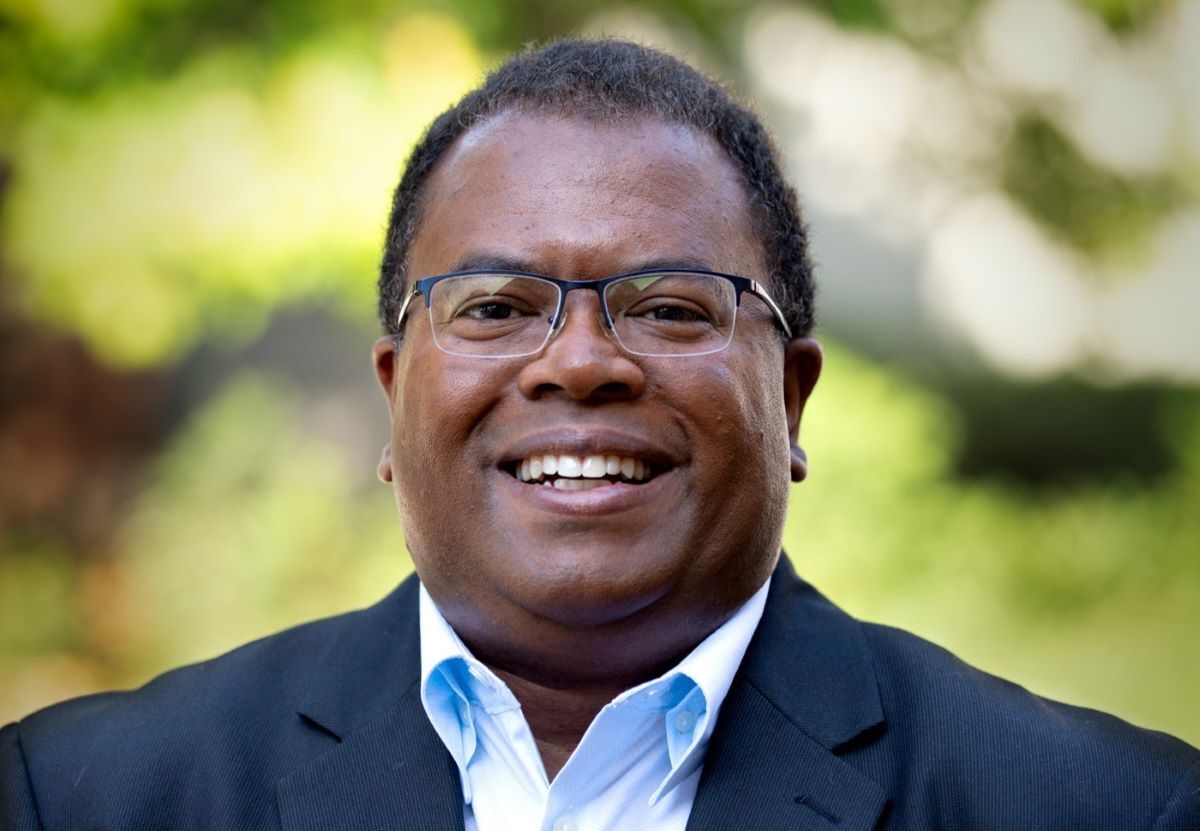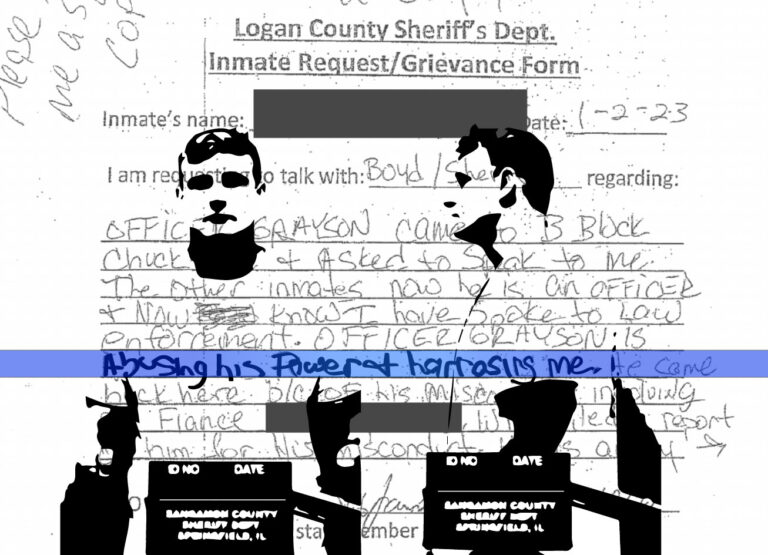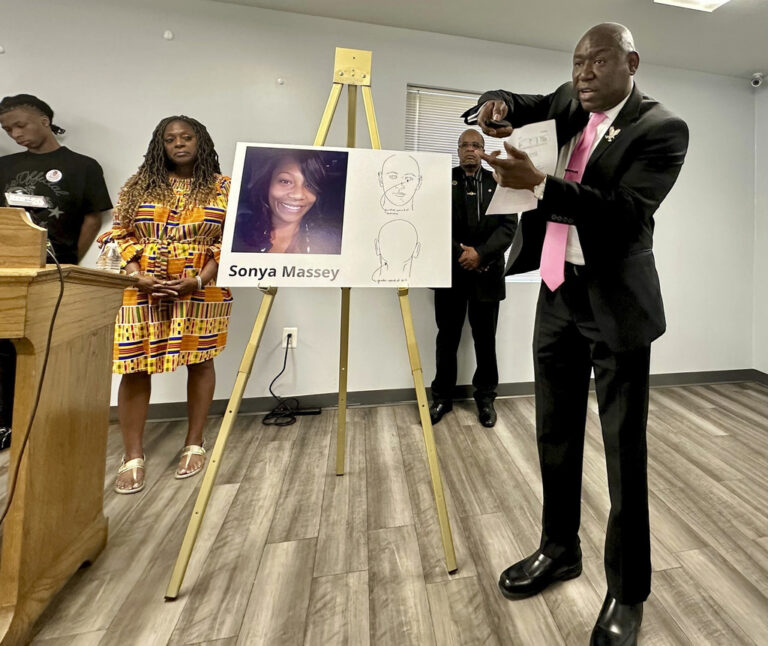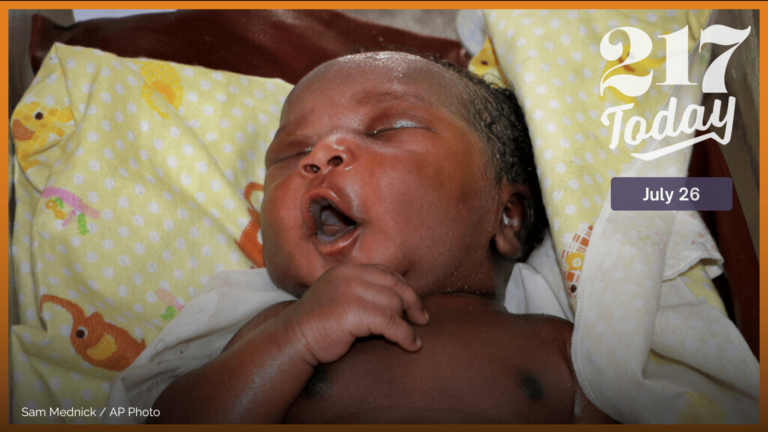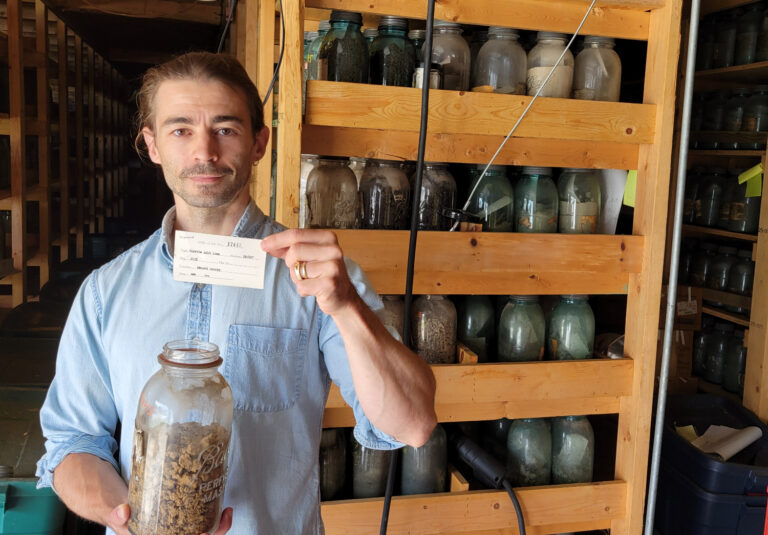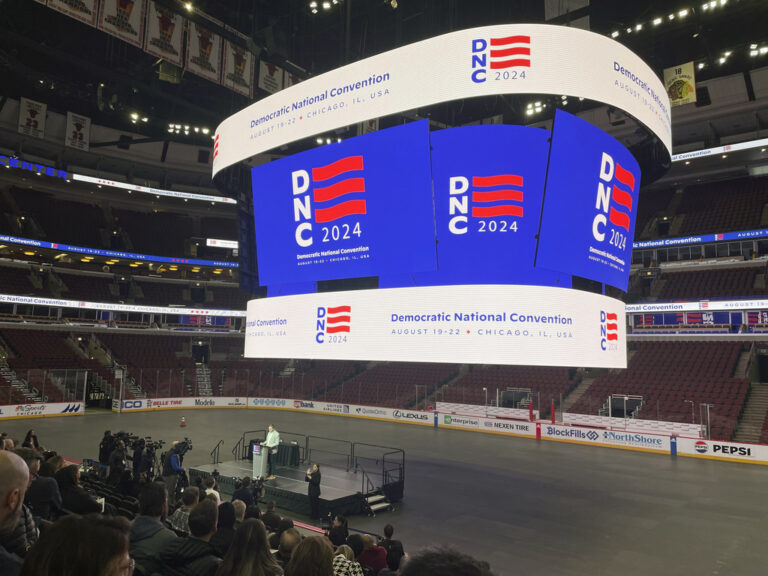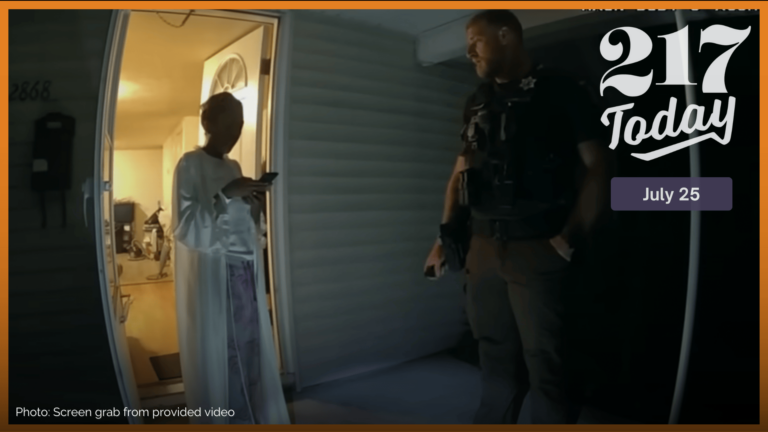Editor’s note: This story originally aired and was posted on June 20. We re-aired and reposted the story on July 19, the first day of Coleman’s tenure at the university.
URBANA – In mid-July, John Coleman becomes the next provost at the University of Illinois Urbana-Champaign. Illinois Newsroom’s Reginald Hardwick talked with Coleman about his long academic and political science career. The interview was conducted over Zoom on June 13, 2023, with Hardwick at Illinois Public Media Studios and Coleman in Minnesota.
Hardwick: John, first, welcome to Illinois. You are currently about 500 miles north at another land grant university, the University of Minnesota. What attracted you to the U of I?
Coleman: Well, first of all, let me just say how excited and enthused I am about this this opportunity. The University of Illinois has a terrific national and international reputation. That was certainly a big part of the attraction. The fact that it’s in the big ten, I love the big ten, the kind of institutions we have, the research and academic integrity, the ways that we operate, I think are really the model for the country, for research institutions. The fact that the University of Illinois is a land grant institution, that means a lot to me that public commitment, as I’ve said that we try to be the best in the world, but we’re also trying to be the best for the world. And my wife, Laura, is a proud alum of the University of Illinois. So, I certainly heard about many of the attractions of the university through her. And you mentioned being 500 miles north. So, at certain times of year being 500 miles south is not a bad thing.
Hardwick: Have you had a chance to evaluate some of the programs here in Illinois? And where will you concentrate some of your energy when you arrive?Coleman: There’s a lot of exciting churn, I think at the time, sort of a moment of opportunity to really think about what our universities look like. And 10 years down the road. So, I really want to think through with people, How do we take the best of these opportunities? How do we create a kind of university environment, both for the students, for employees, and for our community partners? I’m also thinking a lot about how we can expand what we offer both to our students in terms of interdisciplinary opportunities, certificate programs and so on. And the university is doing some great work in that regard. How do we think about external opportunities as well? Are we serving new audiences, new segments of the public, people who are already out in the workforce and so on? How do we provide them with opportunities to benefit from the University of Illinois?
Hardwick: You’ve authored or edited seven books on American politics and government, and you’ve earned a PhD in political science from MIT what attracted you to that field?Coleman: Well, I had my, one of my very first memories as a child is my dad taking me down to City Hall to watch the votes be, be tallied on a chalkboard as they were doing it back then. I had, for whatever reason, a very early interest in news, public affairs and just sort of following what was going on. So that was always, always, an interest of mine. What I appreciate about political science is, it certainly is like other fields as well, trying to understand people’s motivations. It’s trying to understand why people come together in groups, in coalitions, why things sometimes break up and don’t work very well. It’s very much about thinking about how you make good policy, how do you make policy that is either incrementally better than what you’ve been doing or maybe transformative, better than what you’ve been doing. And I also have always thought about politics is really an opportunity zone. And as I think about my time in Higher Ed too, I focus a lot on opportunity and how we are expanding that.
Hardwick: We have an ongoing series called Building a Better Democracy. What would you say is the state of the American democracy right now?Coleman: We have a very fractious political environment. I think generally speaking, we see our, our institutions hold pretty strong, and they can accommodate a lot of you know, a lot of turmoil and conflict and disruption and they can help us through some of those. So, I think in that sense, we’re seeing many of the strengths of the system persevere. I do think what concerns many of us certainly concerns me is the, the sense of in which polarization being in conflict has become almost an end in itself and has become something that gets very rewarded in many ways as opposed to thinking about how do you find some solutions that might have some more common ground. And I know when I talk with our alumni, regardless of where they are in the political spectrum, that is something that really frustrates them and concerns them because it, it just makes them worried about the, the country ever being able to seem unified on at least particular points, even if you disagree on the means to an end, at least agreeing on what the basic ends may be. It doesn’t mean you have to agree on absolutely everything. But that there’s a sense that we understand how to dialogue with each other.
Hardwick: U of I plays a major role in agriculture, science, engineering, the arts and much, much more. What role do you see in affecting various academic programs across campus?Coleman: One of the roles of a provost is to work closely with the colleges, all of the colleges to help them achieve what they are trying to achieve and to aspire to. So, I would be working closely with the deans and helping them where, where they’re needing some maybe a sounding board and thinking about a possible path forward or where there’s already a promising path trying to help them execute the mission that they have or strategic plan or whatever it may be.
Coleman: I appreciate the wonderful opportunity that this is and am looking forward to getting very engaged in the community beyond the campus as well. So, it’s an exciting time and as I said before, those extra 10 to 11 degrees in the winter, I think I’m going to appreciate that very much.
Hardwick: In announcing your appointment, Chancellor Robert J. Jones cited significant increases in enrollment of students from unrepresented backgrounds. While you were at the College of Liberal Arts at the University of Minnesota. Could you give us some insights into your work there?
Coleman: We have had great success in improving the diversity of our student body with our incoming class in the fall. We don’t exactly know what that’ll look like yet, but it’s trending toward about 40% of Bipoc [Black, Indigenous, People of color] students. We’ve more than doubled the number of Black students in our college, very close to doubling the number of Hispanic students in our college as well. So, it’s been across the board, and we’ve increased our Pell eligible students as well, and our First Gen. This has been the result of a lot of people doing a lot of work to reach out in the local and surrounding communities certainly, but throughout Minnesota and the Midwest and beyond, financial assistance was a big part of this.
We introduced a wide number of scholarships, not simply for admission into the university, but also in, in the area of internships, research opportunities with faculty, study abroad. Things that would make being at a research institution, something that the student would truly experience because it should make a difference that you go to a research institution as opposed to one of the many fine liberal arts colleges that are that are available to you.
We worked very hard on career readiness so that students understood how to translate what they were gaining through their classes and through their other experiences like internships, how to talk about those in terms that would make sense for employers. So, I think that was that was a part of it as well.
And we’ve been working very hard at trying to reduce the gap in the cost of attendance. And, what I mean by that is sometimes financial aid provides you with tuition, maybe fees. But then there’s all the other expenses of books and transportation and life and so on. And we’ve been working hard to try to get more of our financial packages up to that full cost of, of attendance. So, students aren’t feeling the stress of the fiscal demands of attending college.

